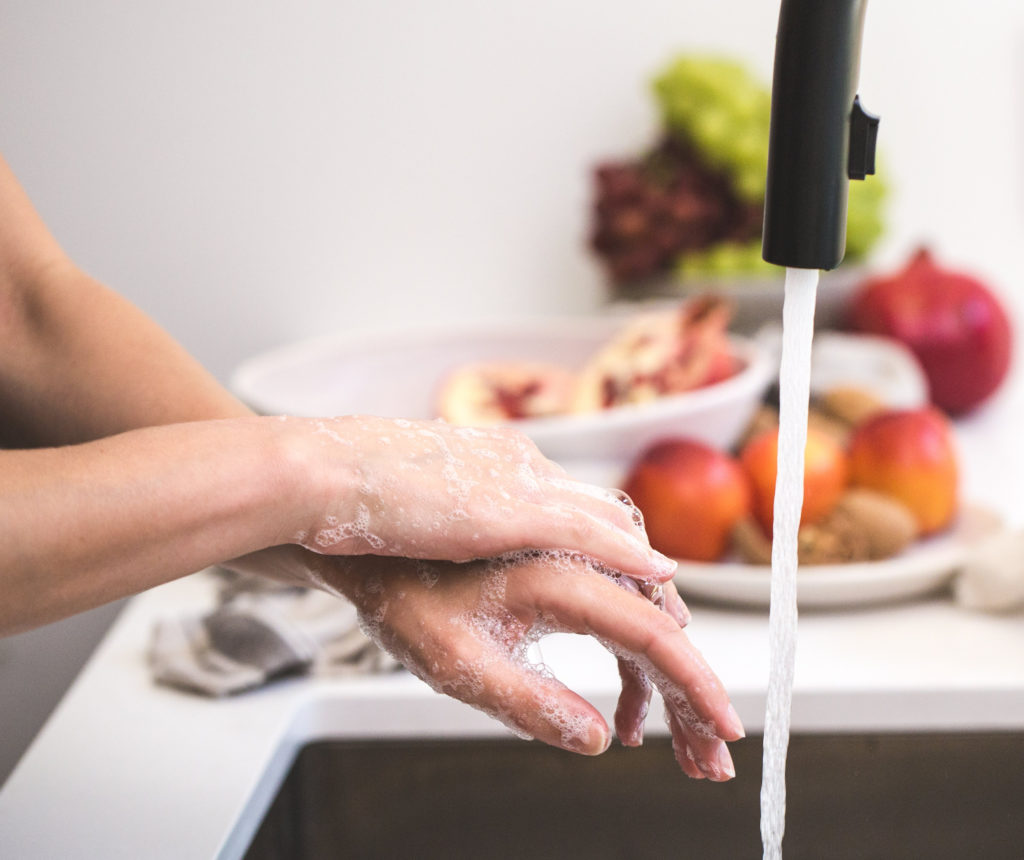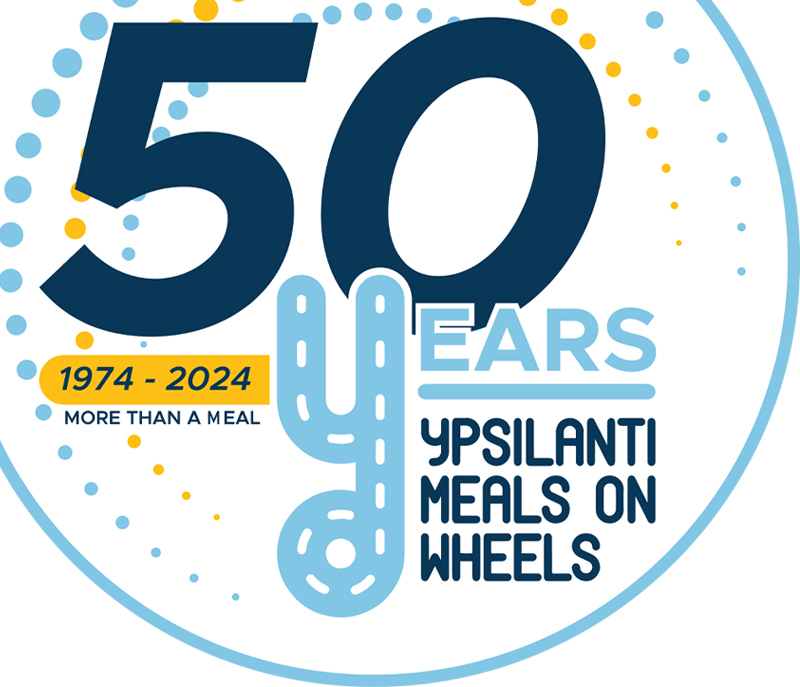 September is Food Safety Education Month – a good time to review the simple but important steps we can take to prevent foodborne illness, also known as food poisoning.
September is Food Safety Education Month – a good time to review the simple but important steps we can take to prevent foodborne illness, also known as food poisoning.
Each year, 1 in 6 Americans gets sick from eating contaminated food. Many of those who become ill are older adults, who are at a greater risk for illnesses such as salmonella, listeria and infection from E. coli.
Older Adults are at Higher Risk
The immune systems of older adults don’t recognize harmful bacteria as quickly as they did when they were younger, according to the Centers for Disease Control and Prevention. That gives the bacteria more time to grow and multiply, resulting in illness. Aging organs also don’t rid the body of harmful bacteria as quickly as they once did. Underlying chronic conditions, such as diabetes and cancer, may also increase a person’s risk of foodborne illness.
Food poisoning in older adults often isn’t just a matter of an upset stomach. According to the CDC, nearly half of people age 65 and older who have a lab-confirmed foodborne illness from salmonella, campylobacter, listeria or E. coli require hospitalization.
It’s not hard to see why proper, safe food handling is so important, and why the staff at YMOW is trained in food safety. We do everything we can to ensure that we always deliver safe, healthy and delicious food to our clients.
4 Simple Steps
You can help prevent food illness in your home by following these 4 simple but important steps:
Clean: Wash hands, utensils and surfaces often using warm, soapy water. Germs can spread and survive in many places. Be sure to rinse all produce, as well.
Separate: Raw meat, poultry, seafood, and eggs can spread illness-causing bacteria to ready-to-eat foods such as fruits, vegetables and bread, so keep them separate.
Cook: Food is safely cooked only when the internal temperature is high enough to kill germs that can make you sick.
Chill: Refrigerate food promptly. Bacteria that cause food poisoning multiply quickest between 40°F and 140°F.
Cdc.gov

